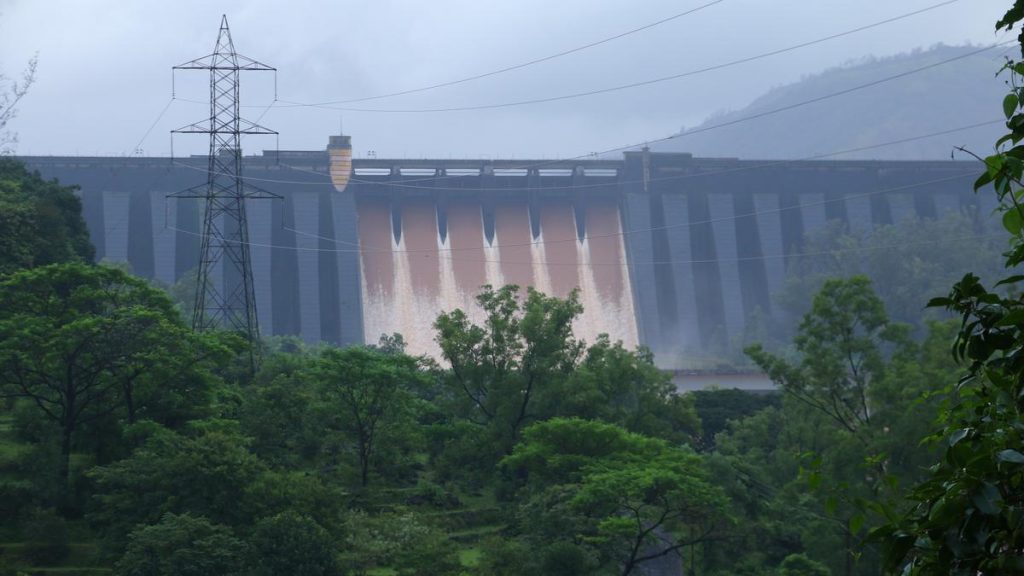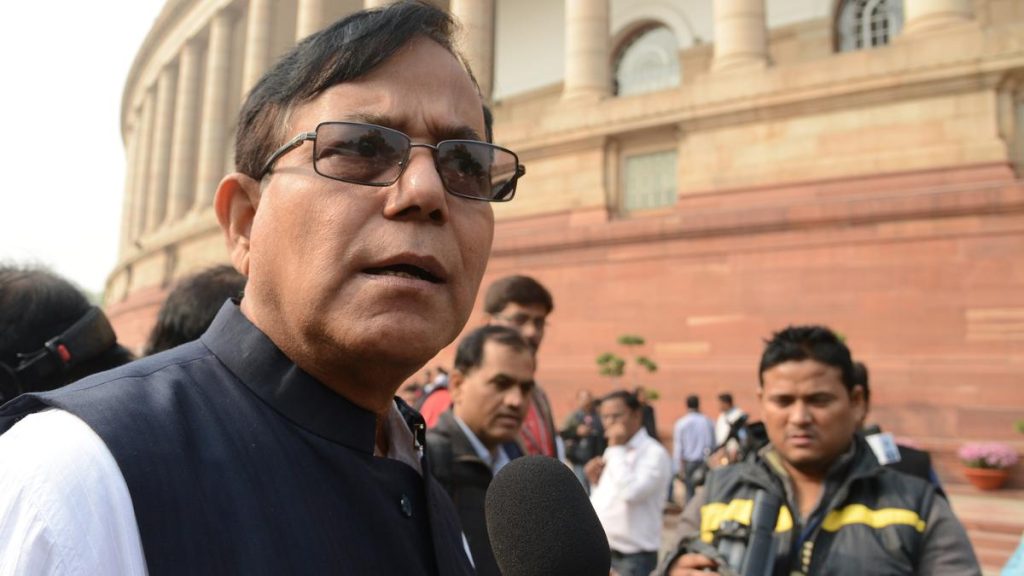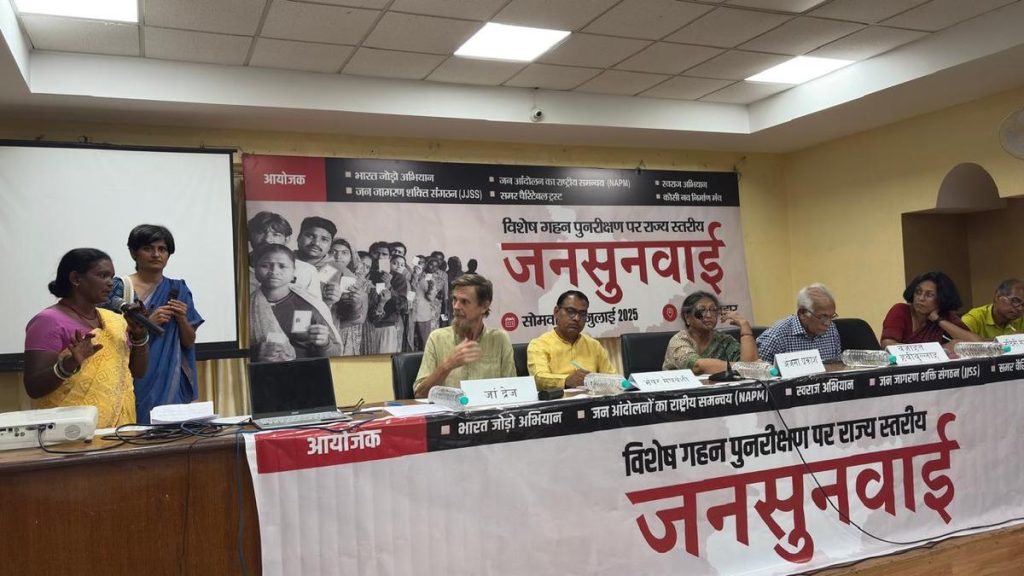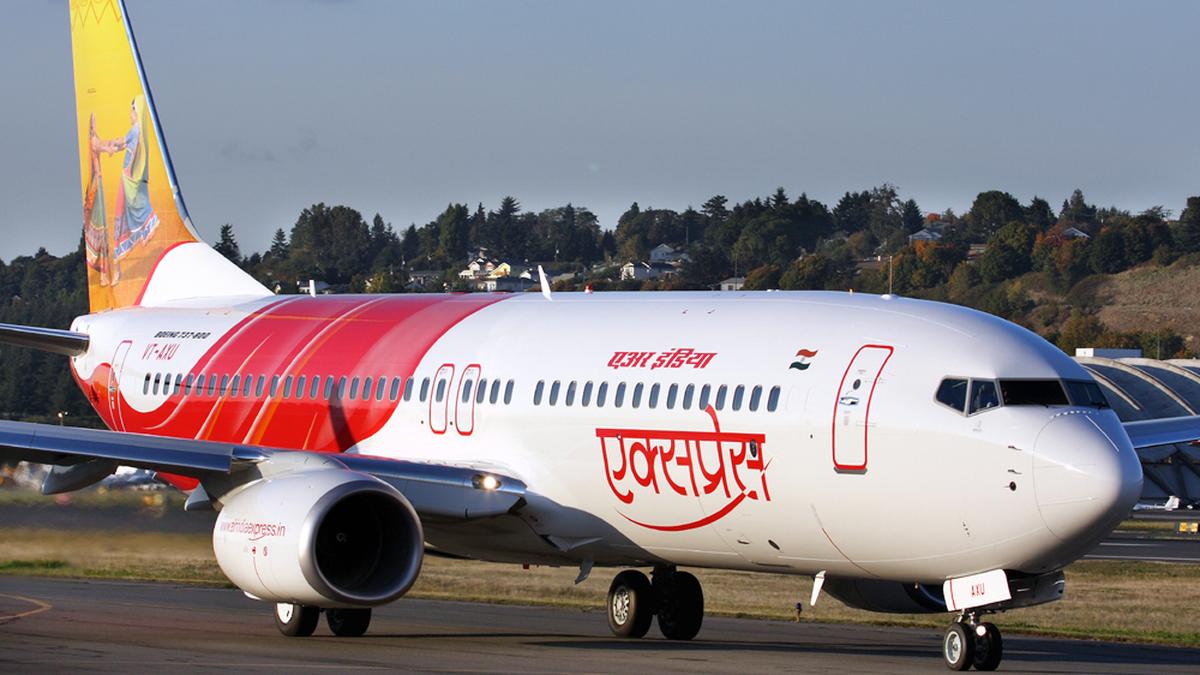Now Reading: CAG Finds ₹573 Crore Lapses in Indian Railways
-
01
CAG Finds ₹573 Crore Lapses in Indian Railways
CAG Finds ₹573 Crore Lapses in Indian Railways
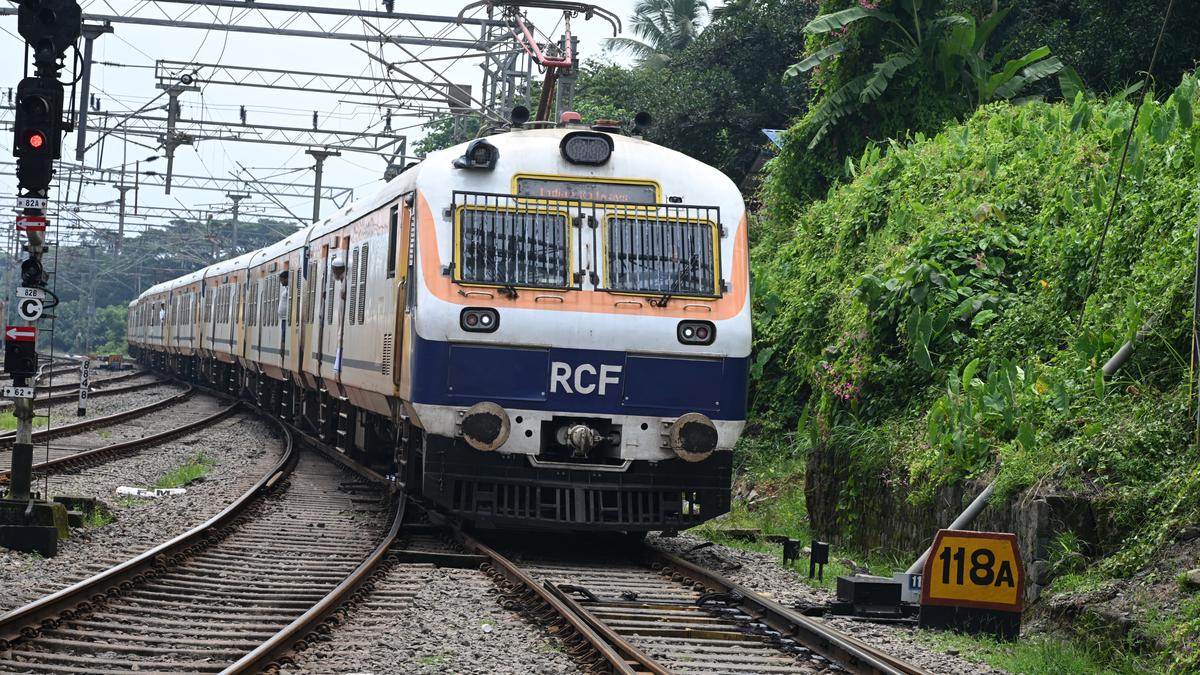
Fast Summary:
- The Comptroller and Auditor General of India (CAG) flagged lapses worth ₹573 crore in the Indian Railways as detailed in its Compliance Audit Report tabled in Lok Sabha on July 21, 2025.
- Key highlights include:
– Northern Railway failed to recover ₹148.61 crore in license fees from government-aided schools.
– nine railway zones did not recover ₹55.51 crore related to District Mineral Foundation deductions.
– East Central Railway missed collecting ₹50.77 crore due to non-realization of shunting charges at Bina Siding.
– Southern Railway created ineffective Nilgiri Mountain Railway coaches, costing ₹27.91 crore, due to procedural oversights.
– South Eastern Railway lost freight earnings of ₹10.25 crore by operating defective and empty wagons.
– Short recovery of electricity charges amounted to ₹14.89 crore in Dhanbad Division (East central Railway).- Continued operation of an under-patronized express train between SSPN station and KSR Bengaluru City led to a loss of ₹17.47 crore over six years (2017-2023).
– Northeast Frontier Railway overpaid contractors by ₹9.40 crore for machine-crushed track ballast procurement through higher rates than regulated norms.
– Delayed implementation of decisions led Western Railway to lose potential earnings worth over ₹12 crore from unutilized loading capacity between June 2021 and September 2023.
– Southern Railway’s unjustified concession under Station-to-Station Rates scheme resulted in an avoidable loss of ₹11.02 crore.
Indian Opinion Analysis:
The CAG’s report highlights systemic inefficiencies across various zones within Indian Railways, exposing financial mismanagement coupled with operational lapses across multiple domains like project execution, fee recovery, procurement anomalies, and asset utilization.
Such recurring inefficiencies may result not only in important revenue losses but also undermine trust in administrative processes within the rail sector-an essential lifeline for India’s economy and infrastructure progress framework.
While periodic audits provide critical input on areas requiring oversight betterment, stakeholders should prioritize institutional reforms aiming at robust compliance mechanisms-ensuring better accountability across departments responsible for enforcement decisions or technical evaluations.
From the viewpoint of long-term implications for India’s transport ecosystem: Addressing these concerns could strengthen public-sector efficiency while feeding into improved service delivery outcomes that greatly benefit Indian citizens relying on railway services daily.
Read more: Link


